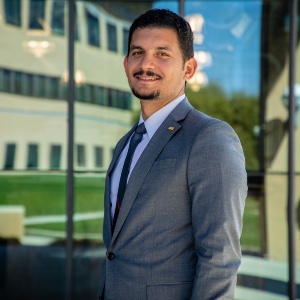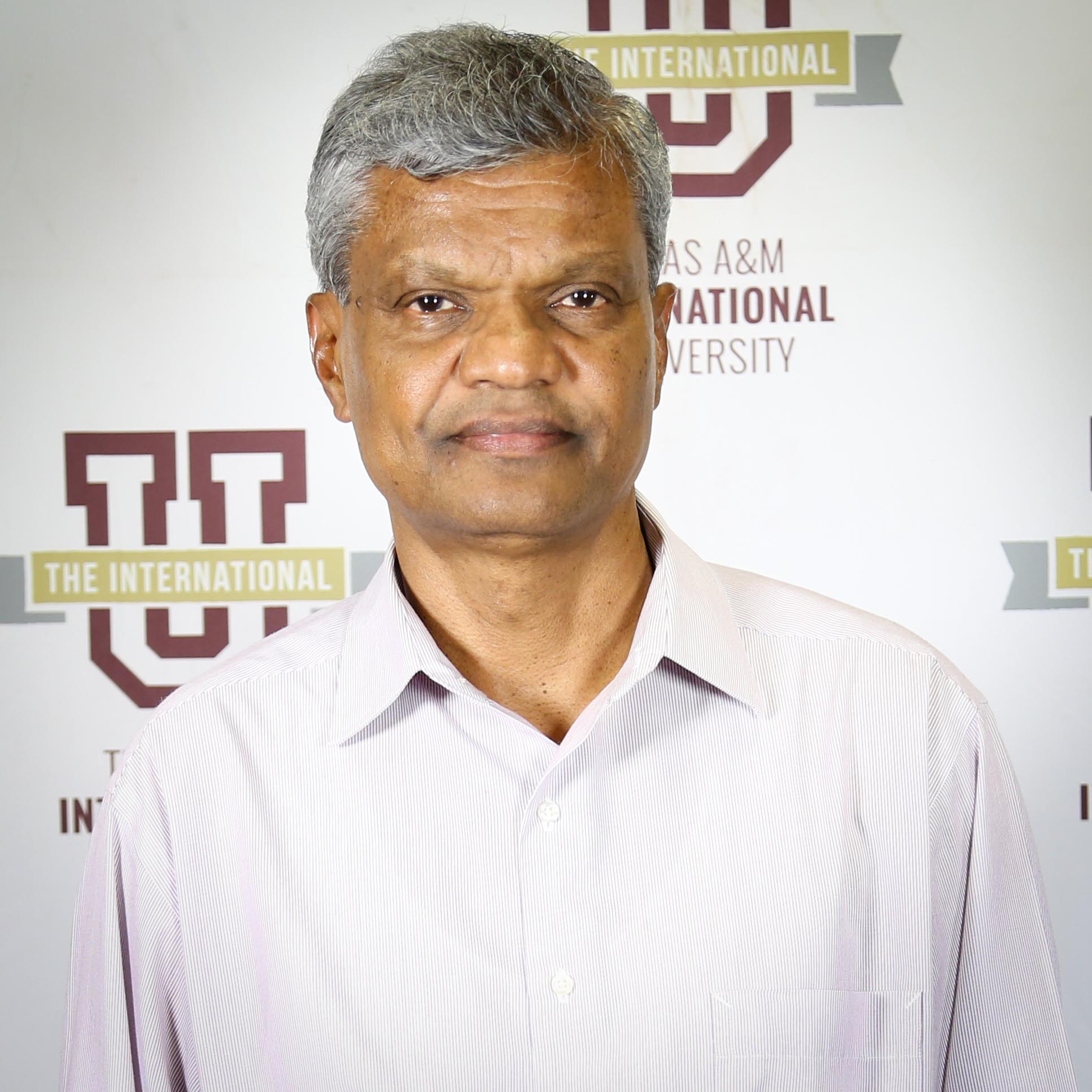TAMIU Petroleum Engineering Prof Publishes Latest Research Findings

Recently, the research efforts of Dr. Khaled Enab, assistant professor of Petroleum Engineering at Texas A&M International University, have made their way into two impressive academic journals for publication.
The collaborative research papers were selected for publication in the Journal of Petroleum Science and Engineering.
Enab’s first academic article, “Evaluation of image segmentation techniques for image-based rock property estimation,” was co-authored alongside Prakash Purswani, Zuleima T. Karpyn, Yuan Xue, Xiaolei Huang. The article was published in December 2020.
The research primarily focused on evaluating three popular segmentation techniques by evaluating the “effectiveness of different image segmentation techniques when applied to image data analysis in parous media,” the publication noted.
“X-ray imaging is a very promising technique for the oil and gas industry. However, acquiring the physical properties from the X-ray images requires multiple steps. The most important and time-consuming is the segmentation process,” Enab explained.
The study essentially compared two Machine Learning (ML) based techniques to the conventional method used to perform segmentation. The measured physical characteristics by each segmentation method of the scanned sample were compared to the conventional method.
“The ML-based techniques are noticeably faster than the conventional method. Furthermore, the ML-based methods require less data preparation which shows a strong potential to facilitate x-ray-based studies in petroleum engineering. The results of our work highlighted the strengths and weaknesses of each method,” said Enab.
Enab’s second academic article, “Screening and optimization of CO2-WAG injection and fish-bone well structures in low permeability reservoirs using artificial neural network,” was co-authored alongside Turgay Ertekin. It is set for publication in May 2021.
The research highlights the capabilities of the fishbone well design and CO2 WAG injection in improving the oil production from low permeability reservoirs. Furthermore, they created a ML- based toolbox to optimize the engineering designs for low-yielding reservoirs to maximize the oil production rates. The developed toolbox was tested on a case study from the Bakken formation and able to provide an optimized design capable of doubling oil recovery to 18 percent.
“To select an efficient producing Well design for a petroleum reservoir, engineers have to optimize the Well engineering design considering the Well design parameters. These optimization studies are even more complicated when different injection techniques are considered,” noted Enab.
He continued, “The optimization process of the well and injection design includes many simulation runs. Each simulation run costs a long time on high performance computers. The required long run time slows down the optimization process and limits the considered number of runs in each optimization problem. To overcome these challenges, our work presented a Machine Learning based toolbox to get the results of the different simulation runs in minutes compared to hours using the conventional simulation methods.”
This fast prediction is essential to facilitate the decision-making process, explained Enab.
Enab earned both a Ph.D. and a master’s degree in Petroleum and Natural Gas Engineering at Pennsylvania State University. Before his faculty position at TAMIU, Enab previously held a faculty position at Saint Francis University.
He has authored and co-authored several peer-reviewed articles in the Journal of Petroleum Science and Engineering and the Journal of Hydrology. He has also co-authored a chapter in the book, Wastewater and Shale Formation Development: Risks, Mitigation, and Regulation. Enab is a recipient of the University’s Research Grant for 2020-2021.
Enab’s current research efforts focuses on improving the production from Eagle Ford formation using Enhanced Oil Recovery techniques. His research efforts are divided into experimental studies of gas injection to shale samples and engineering design optimization of the approved EOR techniques in shales.
For more information, contact Dr. Enab at 956.326.3292 or email khaled.enab@tamiu.edu.
University office hours are 8 a.m. 5 p.m. Monday-Friday.



